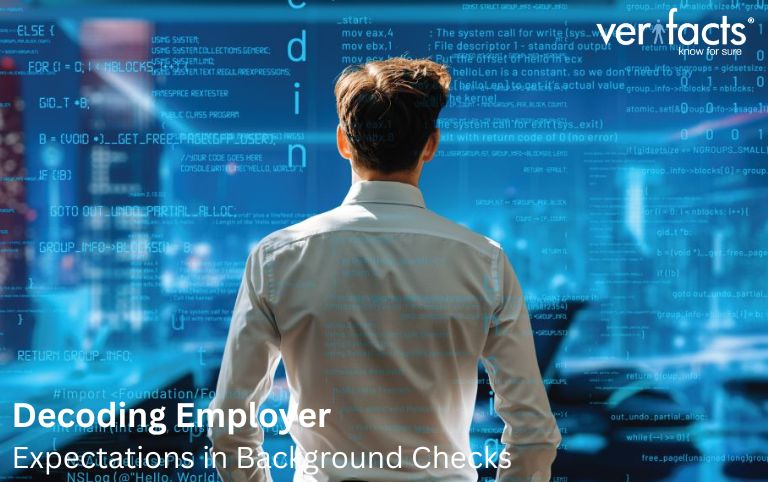
In today’s competitive business world, hiring decisions go far beyond evaluating résumés or interviews. Employers conduct background checks to ensure that the individuals they hire are not only qualified but also safe, trustworthy, and aligned with organizational values. These checks play a pivotal role in reducing risks, ensuring compliance, and strengthening workplace culture.
Background checks are not a “one-size-fits-all” process. Employers customize screening depending on industry standards, regulatory requirements, and job responsibilities. For example, roles in healthcare, finance, and education often demand stricter checks compared to other industries. This tailored approach ensures that the screening is relevant, efficient, and aligned with business goals.
Industries like BFSI, healthcare, IT, and logistics are heavily regulated, requiring employers to conduct thorough background checks to remain legally compliant. Non-compliance can lead to penalties, lawsuits, and reputational damage. Through diligent screening, organizations can meet statutory obligations while demonstrating accountability and integrity in their hiring practices.
Hiring the wrong candidate often leads to early attrition, wasted resources, and reduced productivity. A robust background screening process ensures that employees are competent, reliable, and aligned with organizational expectations. This not only reduces turnover but also fosters employee loyalty and confidence, which are vital for long-term growth.
Negligent hiring can expose businesses to serious liabilities, especially if an employee’s actions harm others or violate compliance norms. Conducting comprehensive checks on qualifications, history, and character reduces this risk significantly. Employers safeguard themselves by ensuring that every candidate has been properly vetted before being trusted with sensitive responsibilities.
With data breaches and insider threats on the rise, background verification plays a crucial role in protecting sensitive business information. By identifying candidates with questionable integrity or patterns of misconduct, employers can prevent potential misuse or disclosure of confidential data. This proactive step strengthens organizational resilience against internal risks.
Employees are the face of a company. A single wrong hire can damage years of reputation-building. Through diligent background checks, employers ensure that new hires embody professionalism, competence, and ethical conduct. This not only protects brand integrity but also enhances client trust, investor confidence, and market credibility.
Employers often conduct multiple verification layers to create a complete profile of the candidate, including:
-
🕵️ Criminal background checks
-
🆔 Identity verification
-
🎓 Education history verification
-
💼 Employment history verification
-
📜 Professional license verification
-
💊 Pre-employment drug screening
Each type plays a unique role in validating the candidate’s honesty, skills, and eligibility.
Employment background checks are not just a formality—they are a critical pillar of responsible hiring. By ensuring safety, compliance, and credibility, businesses protect themselves from risks while building a workforce rooted in trust and competence. Partnering with professional verification providers like Verifacts empowers organizations to adopt accurate, technology-driven, and compliant background screening processes.
👉 In essence, background verification is the bridge between smart hiring and long-term business success. 🚀
In today’s competitive business world, hiring decisions go far beyond evaluating résumés or interviews. Employers conduct background checks to ensure that the individuals they hire are not only qualified but also safe, trustworthy, and aligned with organizational values. These checks play a pivotal role in reducing risks, ensuring compliance, and strengthening workplace culture.

